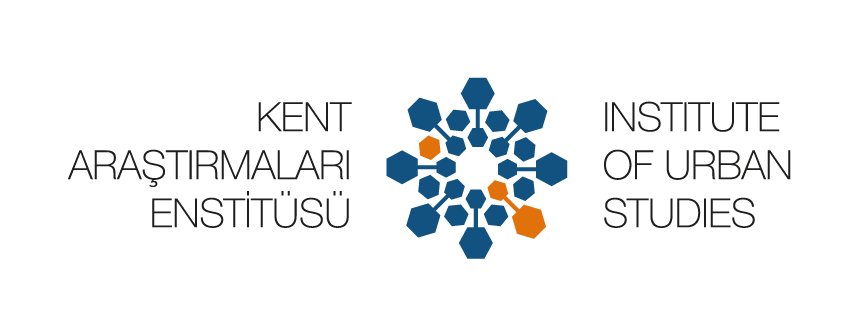Urbanization and Circular Economy Studies Working Group Programme

The basic structure that triggers the emergence of the urban phenomenon and forms the backbone of urbanization dynamics today is the economy. The economic criterion has great importance in the definition of cities, especially metropolitan cities. However, at the point we have reached today, the dominant economic paradigm has entered into a major crisis with the intense consumption of resources and labor it has adopted. In particular, the economy, which is fed by urbanization and the production of the built environment, reveals a trend that is not productive and has high environmental destruction.
The linear economy, which has dead-ends at a local, national and global scale, with a one-way input-output relationship and profit maximization axis, defines a model that causes poverty and socio-economic bottlenecks in the city, especially by causing faster depletion of resources that are thought to be unlimited on a local scale. On the one hand, the social injustices produced by the model, on the other hand, the inefficient and uncontrolled use of natural resources pose significant threats to the future. In this context, the need for a new economic paradigm based on sustainable social development and ecological sensitivities and its implementation tools and mechanisms is becoming more and more felt every day.
The effects of the circular economy and digital economies, which are frequently encountered in the discussions of the new economy model, in terms of urban processes and their applicability stand before us as current issues that should be taken into account. In particular, the understanding of the circular economy approach based on re-evaluation, transformation, and generating new values of all resources used in production has a privileged place in the ecological crisis we are in. Urbanization and (Circular) Economy Study Programme; aims to produce economic solutions that can be applied at the urban scale, that can meet today’s needs, that focus on the environment and that can lay the groundwork for both social and ecological sustainability.
Within the programme that requires rethinking the creative industries and contemporary urban sectors in the context of the urban economy; Defining the components of innovative and sustainable economy approaches, resolving relations, and developing alternatives for the creation of necessary infrastructures are among the priority agendas. In addition, critical studies on the current political economy and linear economy model will also be considered within the scope of this programme.
Within the conceptual framework defined by the programme; It is aimed to contribute to the practice and related literature by producing various scientific researches, reports, field studies, and analyzes. In addition, it also aims to enable information sharing through interactive platforms such as symposiums and interviews.

